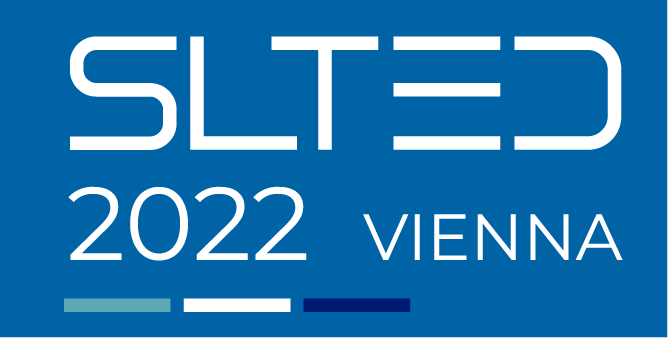Literatures and Literacies: Current Directions in Second Language Teacher Education
Organisers: Susanne Reichl (University of Vienna, Austria) & Ariane Manutscheri (University of Vienna, Austria)
Invited Speakers: Michael Dobstadt (TU Dresden, Germany), Christine Gardemann (University of Bielefeld, Germany), Amos Paran (University of London, UK), Renate Riedner (Stellenbosch University, South Africa), Hannes Schweiger (University of Vienna, Austria)
This symposium will explore a range of perspectives on literacies and the role of literatures in teacher education today. Our starting point is an inquiry into the role of literature and other media, not just within foreign language classrooms but within society at large. What do language teachers have to learn to successfully mediate literature in a multilingual, post-migrant, and post-digital society? In order to empower their future learners for the participation within diverse communities, student teachers need a versatile, interdisciplinary approach to teacher education which takes into account 1) beliefs and attitudes, 2) various areas of teacher knowledge and 3) continuing professionalisation processes.
1) Student teachers’ beliefs concern the status of certain genres in young people’s globalised and mediatised lifeworlds and in the fulfilment of potentially competing teaching aims such as individual language skills, intercultural learning or creative engagement. Attitudes about the roles that literature can play in a foreign language context tend to be framed by contextual constraints: schools constantly have to negotiate their daily practices and realities between the often conflicting priorities of individual differentiation and tendencies towards standardisation, and teacher education needs to keep an eye on those realities and conflicts.
2) Teacher knowledge concerns an ever-increasing variety of text types ranging from the analogue to the digital, and needs to address the speed at which new text types, especially of the multimodal variety, emerge. However, the requirements of the post-digital era do not end with an understanding of different text types but extend to different literacies and tools. As research into teacher education and teacher professionalisation has shown, beliefs and attitudes sometimes overrule explicit teacher knowledge. Therefore, as teacher educators we have to find ways of scaffolding literature pedagogy for our student teachers, by moving from their beliefs about literatures, their functions and social contexts, towards the principled and evidence-based development of a range of teaching scenarios, making use of a diverse range of text types and tasks. The fact that some of those can be hard for language learners gives our student teachers an opportunity to work with their learners’ difficulties and, focussing on language forms, enables them to help foster their learners’ literary and linguistic competences.
3) Professionalisation in teacher education needs to consider a rapidly evolving media landscape: if our student teachers want to teach their learners how to communicate within global media networks, they will need a skills set which is highly adaptable to a variety of media and a variety of classroom settings, and which they learn to reflect on as part of a life-long process of further education and professionalisation.
The extent of these demands on teacher education and promising ways of meeting them will be the topic of our presentations by and discussions with international experts from the field of literature and literacy education in the contexts of English and German as a foreign language.
